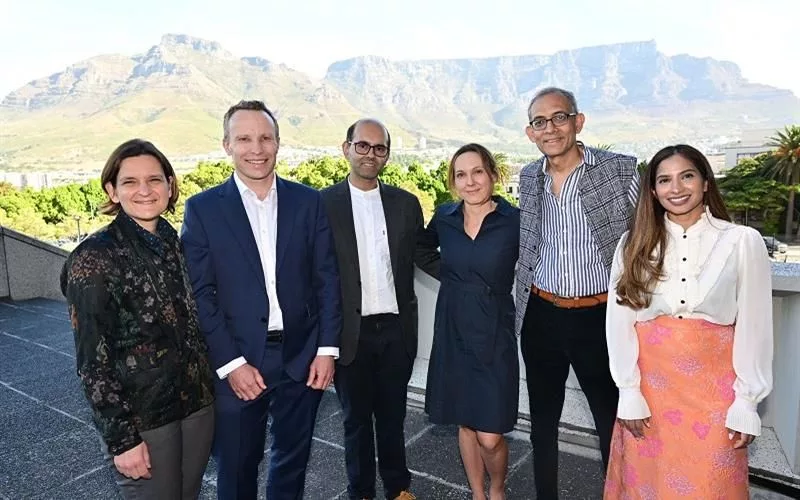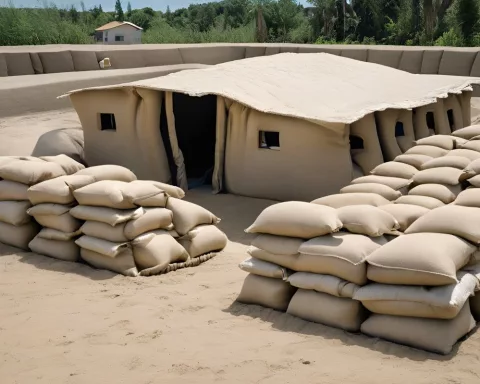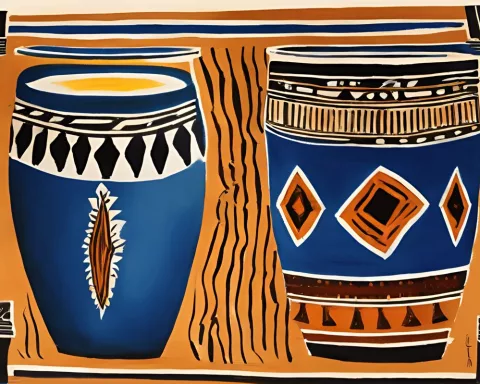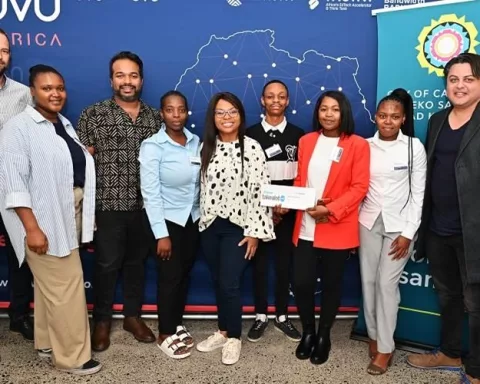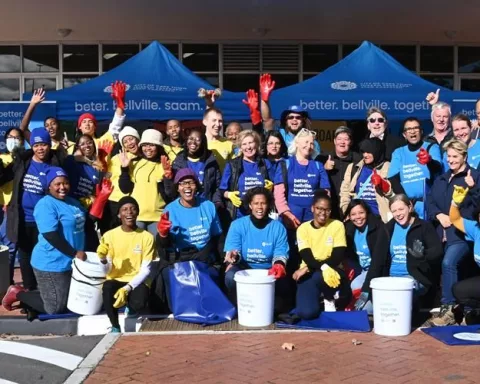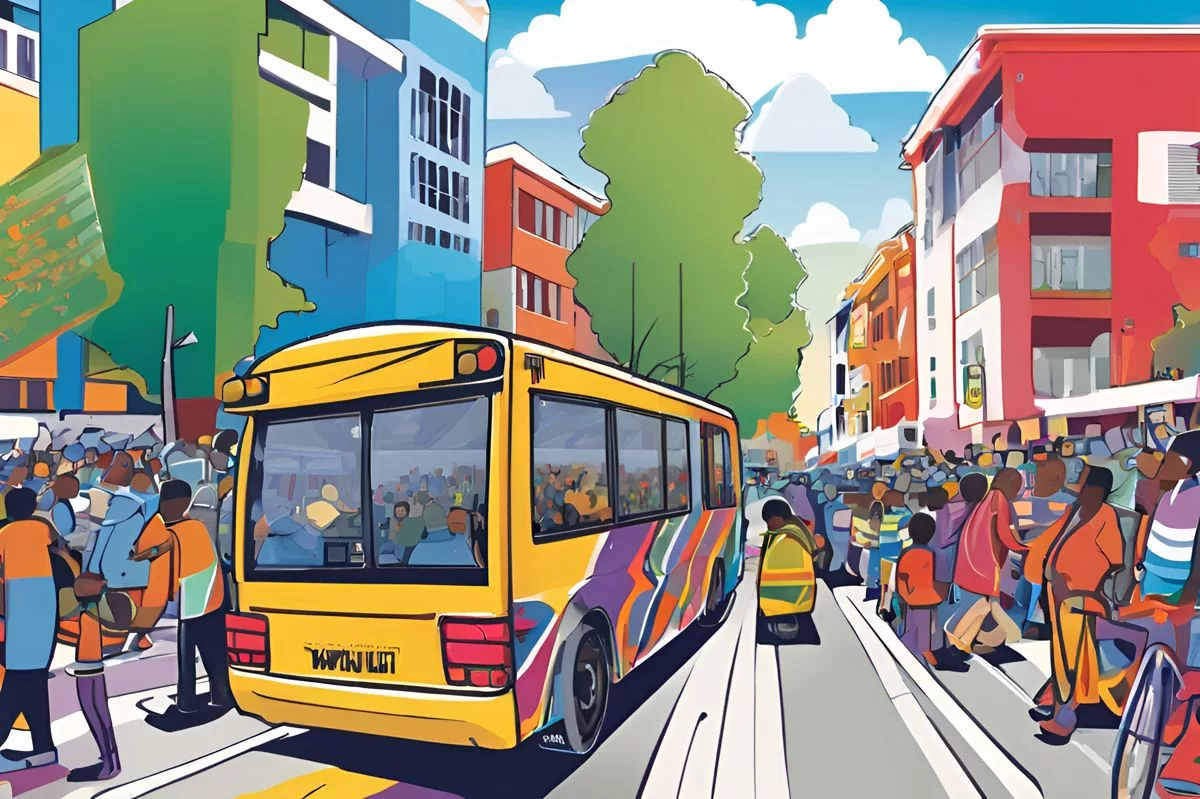The Water, Air, and Energy (WAE) Lab has recently been launched in Cape Town by J-PAL Africa, the City of Cape Town, and Community Jameel. The lab brings together policymakers, researchers, and the public to create evidence-based solutions to improve access to clean air, water, and energy for the city’s inhabitants. The lab is part of J-PAL’s global network of Air and Water Labs (AWLs) and has the potential to impact millions of people worldwide, making it a beacon of hope for a sustainable and equitable future.
What is the WAE Lab in Cape Town?
The Water, Air, and Energy (WAE) Lab in Cape Town is an innovative project created by J-PAL Africa, the City of Cape Town, and Community Jameel. The lab aims to bring together local policymakers, researchers, and the public to create evidence-based solutions for improving access to clean air, water, and energy for the city’s inhabitants. It is part of J-PAL’s global network of Air and Water Labs (AWLs) and has the potential to impact millions of people worldwide.
Section 1: Unveiling the WAE Lab
In the bustling heart of Cape Town, South Africa, an innovative project has sprung to life. Last week, J-PAL Africa, the City of Cape Town, and Community Jameel made a joint announcement of launching the Water, Air, and Energy (WAE) Lab. The purpose of this new initiative is to amalgamate the combined knowledge of local policymakers, researchers, and the public to devise solutions grounded in evidence. These solutions aim to improve the availability of clean air, water, and dependable energy to the inhabitants of the city.
The official declaration of this endeavor took place at an event hosted at the Civic Centre of Cape Town. The event drew a diverse crowd comprising policymakers, reputable researchers from all over the world, and illustrious speakers. The speakers included Nobel laureates, J-PAL’s Co-founders, Esther Duflo and Abhijit Banerjee, and the Mayor of Cape Town, Geordin Hill-Lewis.
The WAE Lab is not a solo venture. It forms part of J-PAL’s global network of Air and Water Labs (AWLs), established in conjunction with Community Jameel. Existing AWLs are functional in South Africa, Egypt, and India, where they work in partnership with government bodies to address critical issues related to air and water using policy grounded in evidence.
Section 2: The Potential Impact of the WAE Lab
This network of labs has a unified goal of improving access to clean air and water to millions of people. They are making a tangible difference in the lives of nearly 260 million people worldwide, of which nearly five million are residents of Cape Town.
Iqbal Dhaliwal, J-PAL’s Global Executive Director, underscores the importance of policies informed by evidence in securing clean air, water, and reliable energy in Cape Town. He points out that these resources are essential for the growth and development of communities. However, the increasing climate change issues and growing inequality present challenges to ensuring access to these resources.
These challenges are intensified by the swift urbanization seen across Africa. Projections suggest that the continent’s population will double in the period between 2020 and 2050. Two-thirds of this population growth is predicted to occur in cities and urban areas. This rapid increase in population places a significant burden on existing infrastructure and complicates the task of delivering quality basic services.
Section 3: Tackling Challenges with Cooperation and Innovation
The WAE Lab, in response to these challenges, aims to deepen the partnership between J-PAL Africa, the City of Cape Town, and researchers within the J-PAL network. The lab’s objective is to jointly identify the most critical air, water, and energy challenges, enhance the use of high-quality data, collaborate on designing solutions based on existing evidence, and rigorously evaluate these in real-world contexts.
The WAE Lab is a testament to the City of Cape Town’s commitment to making decisions based on data, a commitment that has developed over a decade-long relationship with J-PAL Africa. Uzma Sulaiman, the Associate Director of Community Jameel, emphasizes the significance of these partnerships with policy-makers. These are pivotal in refining and testing potential solutions for maximum impact.
Section 4: A Look Towards the Future
Moving forward, the WAE Lab plans to disseminate research findings and policy lessons widely. This dissemination aims to inform the work of governments, NGOs, and the private sector not only within South Africa but across the continent and globally. An important alliance is expected with C40 cities, a worldwide network of mayors committed to tackling the climate crisis.
Through all these endeavors, the WAE Lab stands as a beacon of hope for millions of people. It is a symbol of unwavering dedication towards a sustainable and equitable future. It represents the power of innovation and collaboration in overcoming adversities. The path may be lengthy and fraught with difficulties, but there is no denying that initiatives like the WAE Lab are lighting the way forward, one step at a time.
To find out more about the WAE Lab and its innovative projects, you may visit their webpage or contact them at waelab@povertyactionlab.org.
1. What is the WAE Lab in Cape Town?
The Water, Air, and Energy (WAE) Lab in Cape Town is an innovative project created by J-PAL Africa, the City of Cape Town, and Community Jameel. The lab aims to bring together local policymakers, researchers, and the public to create evidence-based solutions for improving access to clean air, water, and energy for the city’s inhabitants. It is part of J-PAL’s global network of Air and Water Labs (AWLs) and has the potential to impact millions of people worldwide.
2. What is the goal of the WAE Lab?
The WAE Lab’s goal is to identify the most critical air, water, and energy challenges in Cape Town, enhance the use of high-quality data, and collaborate on creating solutions based on existing evidence. They aim to rigorously evaluate these solutions in real-world contexts and disseminate research findings and policy lessons widely to inform the work of governments, NGOs, and the private sector not only in South Africa but across the continent and globally.
3. Who is involved in the WAE Lab project?
The WAE Lab project is created by J-PAL Africa, the City of Cape Town, and Community Jameel. The lab brings together local policymakers, researchers, and the public to create evidence-based solutions for improving access to clean air, water, and energy for the city’s inhabitants.
4. What is the potential impact of the WAE Lab?
The WAE Lab has the potential to impact millions of people worldwide and make a difference in the lives of nearly 260 million people globally, of which nearly five million are residents of Cape Town. The lab aims to tackle challenges related to climate change, growing inequality, and swift urbanization across Africa.
5. What is the WAE Lab’s relationship with J-PAL’s global network of Air and Water Labs (AWLs)?
The WAE Lab is part of J-PAL’s global network of Air and Water Labs (AWLs) established in partnership with Community Jameel. Existing AWLs are functional in South Africa, Egypt, and India, where they work in partnership with government bodies to address critical issues related to air and water using policy grounded in evidence.
6. How can I learn more about the WAE Lab and its projects?
To learn more about the WAE Lab and its innovative projects, you may visit their webpage or contact them at waelab@povertyactionlab.org.

